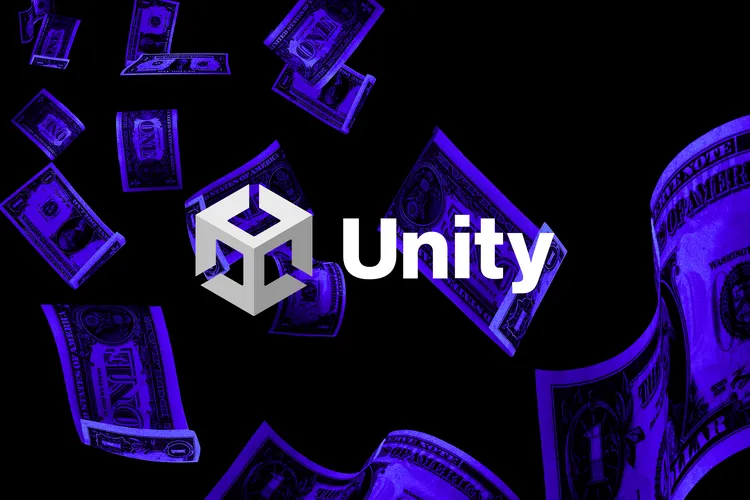Unity made concessions and adjusted its billing plan
Following recent confusion regarding Unity’s new billing method, the company’s President of Solution Architecture, Marc Whitten, elucidated the adjustments. Pertinently, the Unity Personal edition for individual use will remain complimentary. The previously announced scheme, based on the number of game installations, will be applied to content developed using Unity LTS (Long-Term Support) versions starting in 2024. Developers utilizing earlier Unity versions for game creation will not be subjected to this new pricing structure.

Additionally, the new pricing model offers developers a choice: either 2.5% of a game’s overall revenue or a fee based on the number of new game installations each month. Importantly, these metrics will be self-reported by developers, rather than verified by Unity. The company emphasizes that billing will be at the lowest rate to ensure a mutually beneficial arrangement between Unity and developers. If game creators generate content through Unity and their annual revenue remains below $1 million, they currently face no fees.
Concerning the continued free offering of Unity Personal, Marc Whitten clarified that the previous eligibility criterion—annual revenue of less than $100,000—will now be revised to a threshold of less than $200,000. This implies that test content and experimental projects crafted via Unity will not incur any supplementary costs.
Furthermore, Unity has abolished the erstwhile mandate for Unity Personal users to incorporate the “Made with Unity” splash screen at the onset.
While current sentiments and perceptions of developers towards Unity’s adjustments remain uncertain, it’s evident that Unity has made significant concessions.






